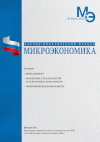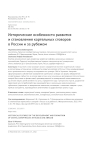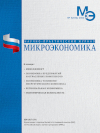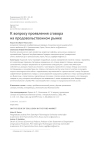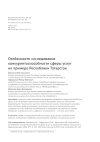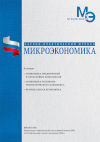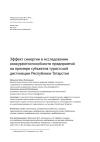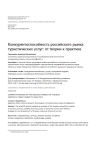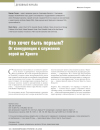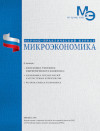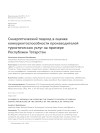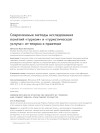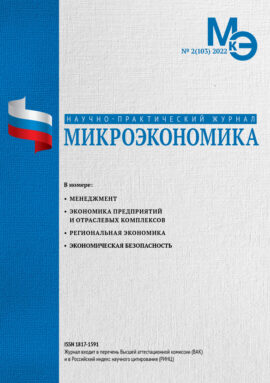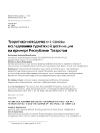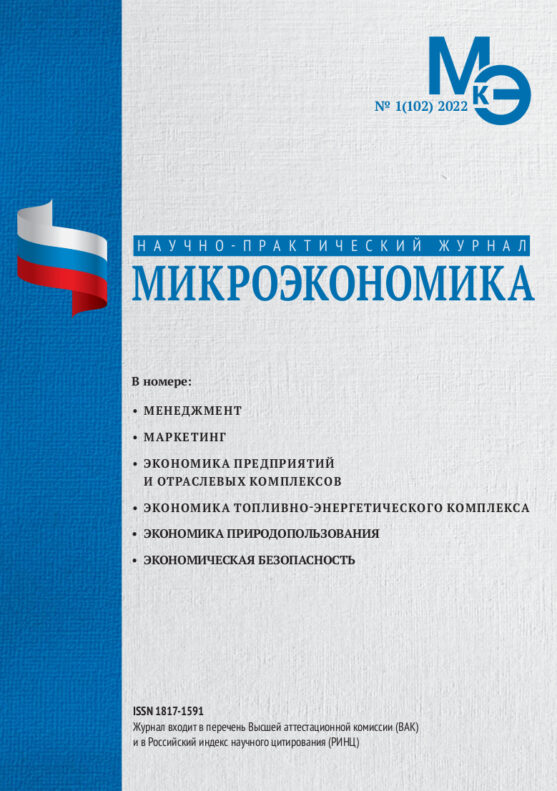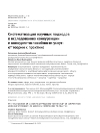Historical features of the development and formation of cartel conspiracies in Russia and abroad
DOI: 10.33917/mic-6.107.2022.81-90
The scientific article analyzes the definitions of the concept of «cartel conspiracy» and examines the historical features of the development of cartels in Russia. International experience is taken into account in relation to the issue of research on the example of the USA and Germany. The authors have formulated their own definition of cartel collusion as a form of association of economic entities based on a number of oral or written agreements, the participants of which, without renouncing financial, industrial and commercial independence, achieve common goals (influence on prices, determination of the course and results of bidding, division of territories or consumers) when interacting with various economic entities (cartel and non-cartel companies, suppliers and customers of goods and services, direct competitors, manufacturers of substitutes, government agencies, etc.).
References:
1. Report on the state of competition in the Russian Federation for 2021. Moscow, 2022. 471 p. URL: https://fas.gov.ru/documents/688431
2. Report on the state of competition in the Russian Federation for 2020. Moscow, 2021. 534 p. URL: https://fas.gov.ru/documents/b-n-3609af5f-7476-4122-bb77-d04c49d96ca7
3. Report on the state of competition in the Russian Federation for 2018. Moscow, 2019. 632 p. URL: https://fas.gov.ru/documents/685806
4. Report on the state of competition in the Russian Federation for 2017. Moscow, 2018. 806 p. URL: https://fas.gov.ru/documents/658027
5. Report on the state of competition in the Russian Federation for 2016. Moscow, 2017. 739 p. URL: https://fas.gov.ru/documents/596439
6. Klimenkov I.N. Cartel: a comparative analysis of the approaches of foreign countries and the Russian Federation // Bulletin of the Moscow University of the Ministry of Internal Affairs of Russia. 2019;7:204-207. (In Russ.).
7. Lisitsyn-Svetlanov A.G., Bashlakov-Nikolaev I.V., Zavarukhin V.P. [and etc.]. Cartelization of the Russian economy: the main causes, consequences and ways to eliminate them // Bulletin of the Russian Academy of Sciences. 2020;90(10):903-913. (In Russ.).
8. Kalyakina Yu.I. Cartel collusion in the era of a pandemic // Alley of Science. 2021;10 (61):419-422. (In Russ.).
9. Korneva E.D. Cartel collusion and methods of combating it // Modern trends in economics and management: a new look. 2011;12-1:23-28. (In Russ.).
10. Marshall R.C., & Marx L.M. The economics of collusion: Cartels and bidding rings, Mit Press, 2012.
11. Yusupov A.M. Factors stimulating the development of cartels in Russia // Topical issues of modern economic science: Proceedings of the XI International Scientific Conference, Astrakhan, April 21, 2021. Astrakhan: Astrakhan State University, 2021. pp. 228-232. (In Russ.).
12. Tabakaeva M.R., Chaikina K.A. Influence of cartels on the modern economy // Actual problems of aviation and cosmonautics. 2019;3:136-138. (In Russ.).
13. Lapin V.O. In search of effective methods for investigating cartel conspiracies // Society: politics, economics, law. 2022;2:78–83. (In Russ.).


